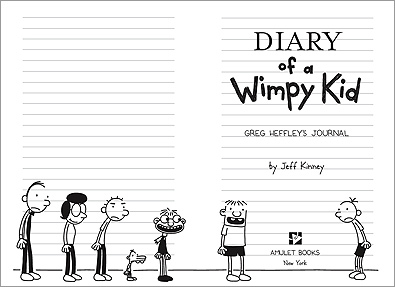The first thing that comes to mind when we think of Mumbai is its sprawling local rail system that binds different parts of the huge city. Railway tracks can aptly be called the life line of Mumbai. Many middle class and lower class citizens of Mumbai directly or indirectly depends on local trains for their daily survival. But except for some fleeting appearances here and there, never was there a popular book or movie that explores the life along these tracks to the full potential. Rishi Vohra is trying to do it in his debut novel Once Upon The Tracks of Mumbai by setting the entire plot of it in a railway colony.
Novel tells the story of an autistic man, Babloo and deals with his cravings and attempts for recognition and acceptance in his family and society, who are busy with their own lives and are not interested in him. Vandana is the lady who understands and accept him for what he actually is. She is on the lookout for the perfect love oblivious of the fact that it is there right in front of her. Other motley group of characters of the novel are Sikander the opportunist who is always chasing skirts, Raghu brother of Babloo who gets engaged to Vandana against her wish, parents of Babloo and Vandana who are a bit too practical with their approach, Manjit Singh the taxi driver who saves Babloo from many a difficulties from time to time and the Rail Man. Rail Man is a character of mystery who serves justice on the tracks in night time. He is what Babloo cannot be.
The novel is basically a feel good story where a man fights against all odds and emerges victorious. The language is very simple and will appeal to mass. The characters are interesting and very life like. One point that I liked was the portrayal of the Rail Man. There was every opportunity for the writer to portray him as a superhero- a larger than life figure. That would have made this book totally different from what it is now. But much restraint is shown in this regards thereby keeping the realism intact. Babloo's dialogue, most of them contained in mono-syllables is very convincing of his condition.
Speaking about negatives, I felt two minor blemishes. Both of them relates to the narrating style that the author has adopted. The story is told in multiple view points. Some chapters are in first person- from Babloo's point of view. Some are told in third person. This happens when narrating events that Babloo has no chance of experiencing first hand. The shift is quite random. I feel it could have been organized a bit. Either entire story could have been told in the view point of the protagonist, or totally from a third person perspective. Another approach can be by spacing the shift in narration chapter wise. This is my personal opinion- correct me if I am wrong. Second trouble is with Babloo's narration- it just doesn't sound sometimes coming from a man of his state.
Otherwise Rishi Vohra's Once Upon The Tracks Of Mumbai is a good and interesting story, easily readable and one that puts a smile on your lips after reading.
Book Source: Author
For further insight about the book and author, Visit www.rishivohra.com
















